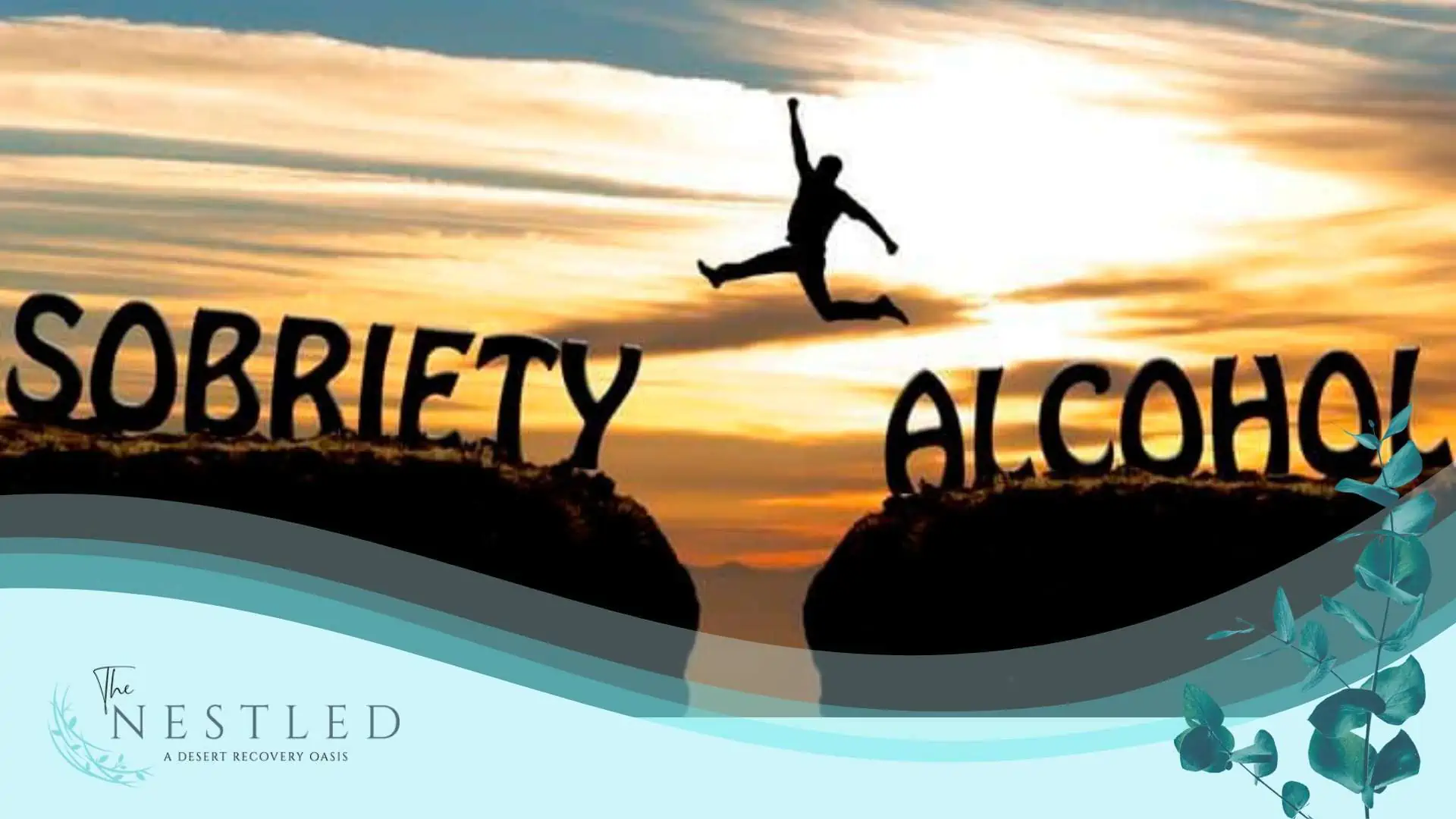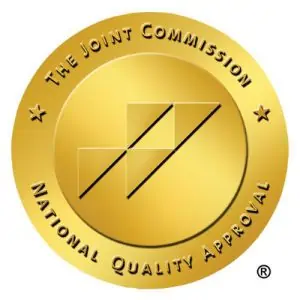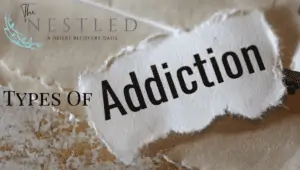Alcohol abuse is a serious public health issue. According to the Centers for Disease Control and Prevention, excessive alcohol use causes more than 95,000 deaths every year in the United States. As medical professionals, it is important to be able to identify signs of alcohol abuse in patients so that they can get the help they need. Drinking alcohol regularly and in large quantities can signal a larger problem, especially if you are unable to control your consumption. Yet this alone is not enough to diagnose a condition as serious as alcohol use disorder (AUD), also known as alcoholism or alcohol addiction.
If you or someone you love is suffering from AUD, there are ways to tell that the condition has become serious enough to require intervention. Our Las Vegas alcohol addiction treatment professionals explain some common signs of alcohol abuse.
What Are the Signs of Alcohol Abuse?
Many people are able to have a glass of wine with dinner every night and crave nothing more; others like to binge drink every single weekend. As long as these behaviors don’t become compulsive and negatively affect your everyday life, however, they would not be considered alcoholism.
According to the Centers for Disease Control and Prevention (CDC), about 90% of people who drink excessively are not expected to meet the clinical diagnostic criteria for having a severe alcohol use disorder. Drinking that becomes so severe it is given the medical diagnosis of “alcohol use disorder” is characterized by the inability to quit or control alcohol use despite numerous adverse social, occupational, or health consequences.
Behaviors & Symptoms Associated With Alcohol Use Disorder (AUD)
The National Institute on Alcohol Abuse and Alcoholism (NIAAA) estimates that 15 million Americans suffer from AUD. To be diagnosed with AUD, a person must meet certain criteria outlined in the Diagnostic and Statistical Manual of Mental Disorders (DSM). Under the current version of the DSM, anyone meeting two or more of the criteria during the same twelve-month period has AUD. Whether the AUD is considered mild, moderate, or severe is based on how many of the 11 criteria are met.
AUD can affect anyone regardless of sex, race, income, or other factors, although genetics, stress, and psychological issues can make certain people more predisposed than others.
Alcohol Abuse Symptoms:
- A strong, near-constant desire or craving to drink
- An inability to control alcohol cravings
- An inability to get through everyday activities without drinking alcohol
- An inability to stop drinking alcohol
- An increased tolerance for alcohol
- Attempting to drink alcohol without others knowing
- Choosing to drink over other responsibilities and obligations
- Continuing to drink alcohol despite it causing personal and/or professional problems
- Experiencing shakes or tremors after holding off on drinking alcohol for a short time
- Irritability and extreme mood swings
- Lying about drinking alcohol
- Temporary blackouts and/or short-term memory loss
Side Effects Of Alcoholism
- Driving under the influence
- Legal problems or trouble
- Neglecting responsibilities
- Arguments or other contentious issues with family and friends
- Accidents and injuries
- Aggressive behavior
- Anxiety, irritability, and depression
Drinking ultimately becomes a problem if it causes trouble in your relationships, activities, job, school, or in how you think and feel. Yet only a professional can diagnose you. Consult your health care provider if you become concerned that either you or someone in your family might have a drinking problem. You can also give our treatment specialists a call—we are happy to answer any questions that you have.
Withdrawal From Alcohol Can Be Dangerous
Alcohol withdrawal symptoms can be incredibly uncomfortable and, in some cases, even life-threatening. Common withdrawal symptoms include: trembling, sweating, nausea, heightened anxiety, irritability, difficulty concentrating, and insomnia. For those experiencing more severe withdrawal symptoms, a medical detox is recommended.
People who have become dependent on alcohol through long-term heavy drinking can experience more severe withdrawal symptoms when they suddenly cut down or stop drinking. Seizures are one of the most dangerous alcohol withdrawal symptoms and can occur in people who have been drinking heavily for more than a few days at a time. Seizures usually occur within the first 24-48 hours after the last drink. Symptoms can include confusion, shaking, hallucinations, and, in extreme cases, convulsions. It is very important for those who are experiencing alcohol withdrawal symptoms to seek medical attention immediately. Left untreated, seizures can lead to serious physical and neurological complications.
What Triggers Alcohol Abuse?
Although there is no one thing in particular that triggers alcohol abuse, there are many factors that contribute to someone developing an alcohol use disorder (AUD). Stress and overwhelm often contribute to people turning to alcohol as a form of stress relief and self-regulation. Of course, experiencing stress doesn’t always lead to alcohol abuse – but it is a powerful trigger that can lead to a variety of unhealthy coping mechanisms.
Having a family history of substance abuse and or being introduced to alcohol as a teenager can also lead someone to repeat familiar behaviors. What begins as having a drink every now and then at social events can snowball into a pattern of binge drinking every weekend or “needing” a drink to relax. Other common causes that lead to alcohol abuse include a history of traumatic experiences from early childhood or adolescence, and mental health issues such as depression, anxiety, and PTSD.
Final Thoughts On Signs Of Alcoholism
It’s important to look out for signs of alcohol abuse in our patients and provide them with the resources they need if they are exhibiting any one of these symptoms listed in this aticle. Early identification of potential issues can make all the difference when it comes to treating alcoholism before it becomes a serious problem that requires intervention and specialized treatment programs. If you observe any of these signs mentioned above in your behavior patterns of that of a loved one, take action right away and call us for further evaluation if necessary!
Are you or a loved one suffered from a serious drinking problem? Contact us today to learn how our Las Vegas alcohol addiction treatments can help you on your journey to recovery.








